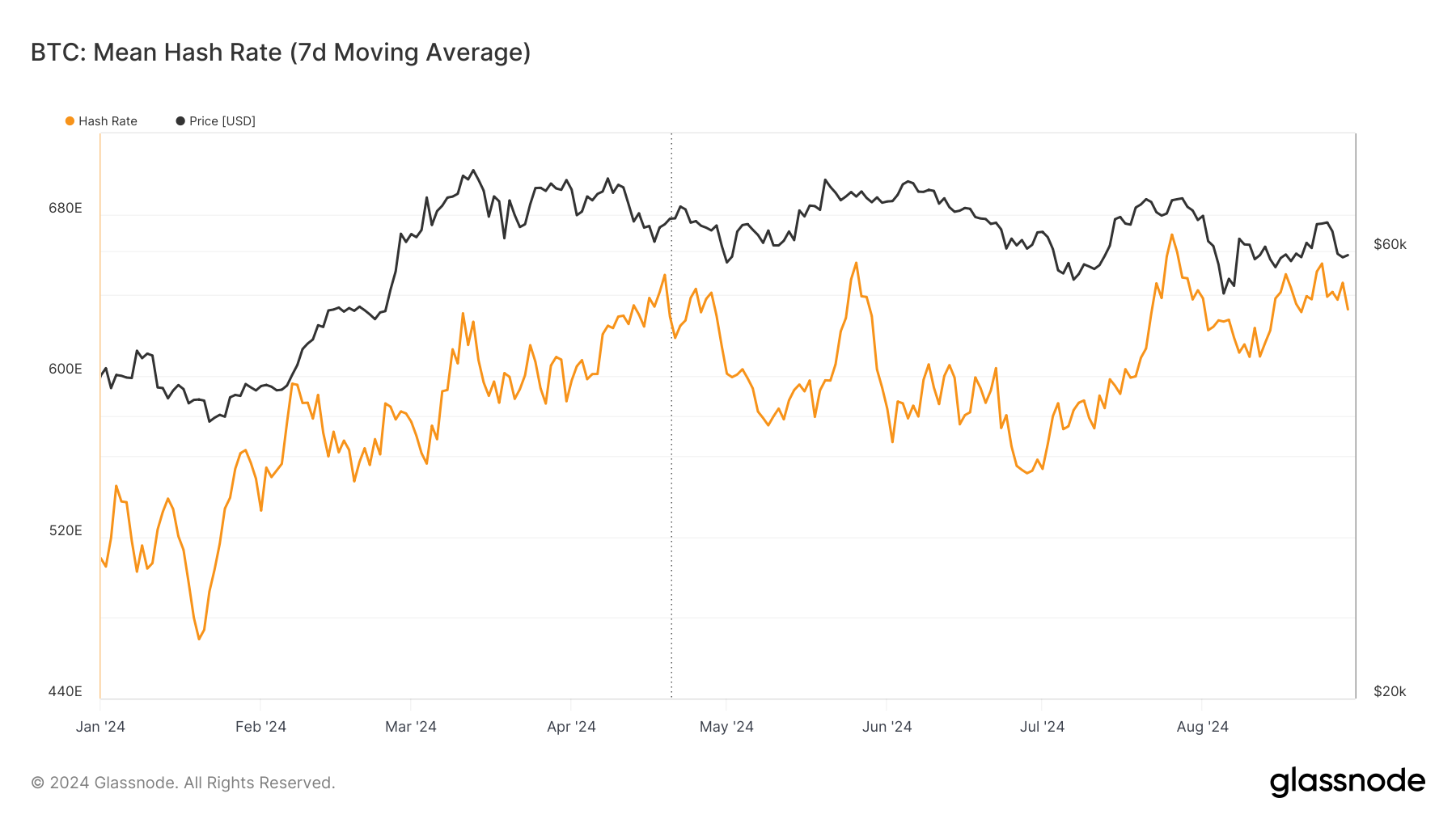
The InQubeta (QUBE) presale has generated over $1.9 million in token sales during its early stages, while Optimism’s (OP) growth lags despite launching its bedrock hard fork a month ago. Optimism provides a layer 2 scaling solution for the Ethereum (ETH) blockchain and the upgrade moved the project closer to its goal of becoming a super chain that’s made up of many interoperable blockchains.
The hard fork aimed to improve the chain’s functionality by reducing confirmation time by 90% and lowering gas fees by 40%.
The InQubeta project provides a more accessible alternative to mainstream investment channels. Many of these entities have insane requirements that prevent a large swathe of the population from using their services like minimum deposits that are more than what 90% of the global population earn annually. InQubeta opens up investment prospects in artificial intelligence (AI), helping to direct capital to companies that need cash to innovate.
InQubeta (QUBE) flying ahead of other altcoins
The InQubeta presale is on course to reach a $10 million milestone with over $1.9 million in token sales generated during its early stages. Many factors have contributed to InQubeta’s success so far like investors feeling bullish toward anything related to AI, the presale’s pricing structure that puts investors in a position to grow their capital by up to 4x, and the real-world solutions the platform provides by making investing prospects more accessible for everyday people.
The InQubeta project also has excellent token economics that virtually ensures that $QUBE prices will rise exponentially after launch. Tokens are grossly undervalued, leading some cryptocurrency experts to predict prices will grow by over 100x once the project is officially launched.
Artificial intelligence is set to be the next major technological breakthrough and the InQubeta network creates a win-win situation for startups looking for funding and investors looking for more accessible and efficient investment opportunities than what most mainstream investing companies offer.
Tech revolutions always create opportunities for investors to earn substantial profits and the same will be the case for AI. Those who back artificial intelligence firms that end up transforming industries can anticipate enjoying exponential returns on their investments just like those who financed companies like Netflix during the early days of the Internet.
The blockchain approach to investing
Investors can become part owners of AI startups on the InQubeta network by buying equity-based non-fungible tokens sold by firms that need capital. Startups get the privilege to fundraise on the QUBE network after being evaluated by the InQubeta team.
Some NFTs on the InQubeta marketplace also give investors extra incentives like discounts on products or services created. Smart contracts enforce all bonuses.
InQubeta investors can earn more $QUBE by staking their holdings to help operate and secure the blockchain. $QUBE tokens also grant access to the ecosystem’s governance, allowing investors to help shape the project’s future.
Optimism (OP) prices decline after getting a boost from Bedrock
Optimism prices rose by over 15% immediately after the Bedrock hard fork, but investors are starting to lose interest as prices decline. The Bedrock update improves the functionality of the Optimism protocol which helps to enhance the Ethereum (ETH) network.
The hard fork is also meant to improve proof modularity for the OP stack, which platform developers use to create customizable blockchains on the optimism network. The Bedrock upgrade allows for the stack to use both fault proofs and validity proofs to process transactions.
Summary
The InQubeta project continues to outperform projects like Optimism despite the latter’s recent upgrades. InQubeta makes it easier for anyone to acquire equity in AI startups while pushing advancements in AI. InQubeta has more growth potential than most altcoins as over $1.5 trillion is predicted to pour into the artificial intelligence industry in the next seven years.



